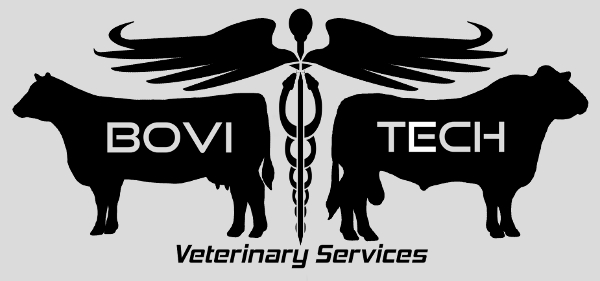Nutritional Management
In Australia, we are lucky to have relatively few, nasty infectious diseases. A vast majority of the problems we see on farm are either directly or indirectly related to an underlying nutritional issue. Sometimes these are obvious – for example, underweight cows which are in a negative energy balance (i.e. are losing weight) are less likely to get in calf, and this is reflected in poor pregnancy rates. Other times the link is less obvious – for example, a herd may be experiencing a high level of uterine prolapses at calving, and this may be due to an underlying calcium or selenium deficiency.
Nutrition is arguably the number one driver of productivity, and therefore profitability in our livestock systems. Nutritional management in pasture-based systems presents a unique set of challenges compared to lot feeding, where the animal’s needs are met 100% by supplementary feed, which is easily manipulated to suit their requirements at any given time. In grazing systems, not only do the nutritional requirements of our livestock vary at different stages of the production cycle, but the nutrients provided by our pastures also vary throughout seasons and from year to year. This presents us with a unique set of challenges each season, with trying to match pasture availability to stocking rates and keeping the diet balanced correctly for energy, protein, fibre, vitamin, and mineral requirements.
“Bad” seasons, where energy and protein requirements may be lacking in our pastures, can be just as problematic as “good” seasons, where lush pastures cause issues such as bloat, scouring and mineral deficiencies (e.g. grass tetany). Likewise, some pasture varieties on their own are not well balanced or can lead to toxicities when seeded and grazed as a monocrop, but when seeded in a blend they provide excellent nutrition. With improved pastures and Summer/Autumn feed gap crops gaining popularity, producers need to be mindful of selecting species that provide their livestock with a balanced diet and a lower risk of toxicity. We are happy to work in with you and your agronomist to help make this selection. Careful attention also needs to be paid when transitioning cattle onto these crops, particularly if coming off dry or poor quality feed. Balancing the nutritional requirements of your livestock will help reduce the risk of undesirable production losses, andwe are here to help you get the balance right.


Contact Details
